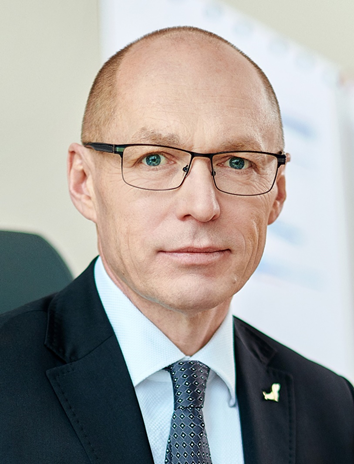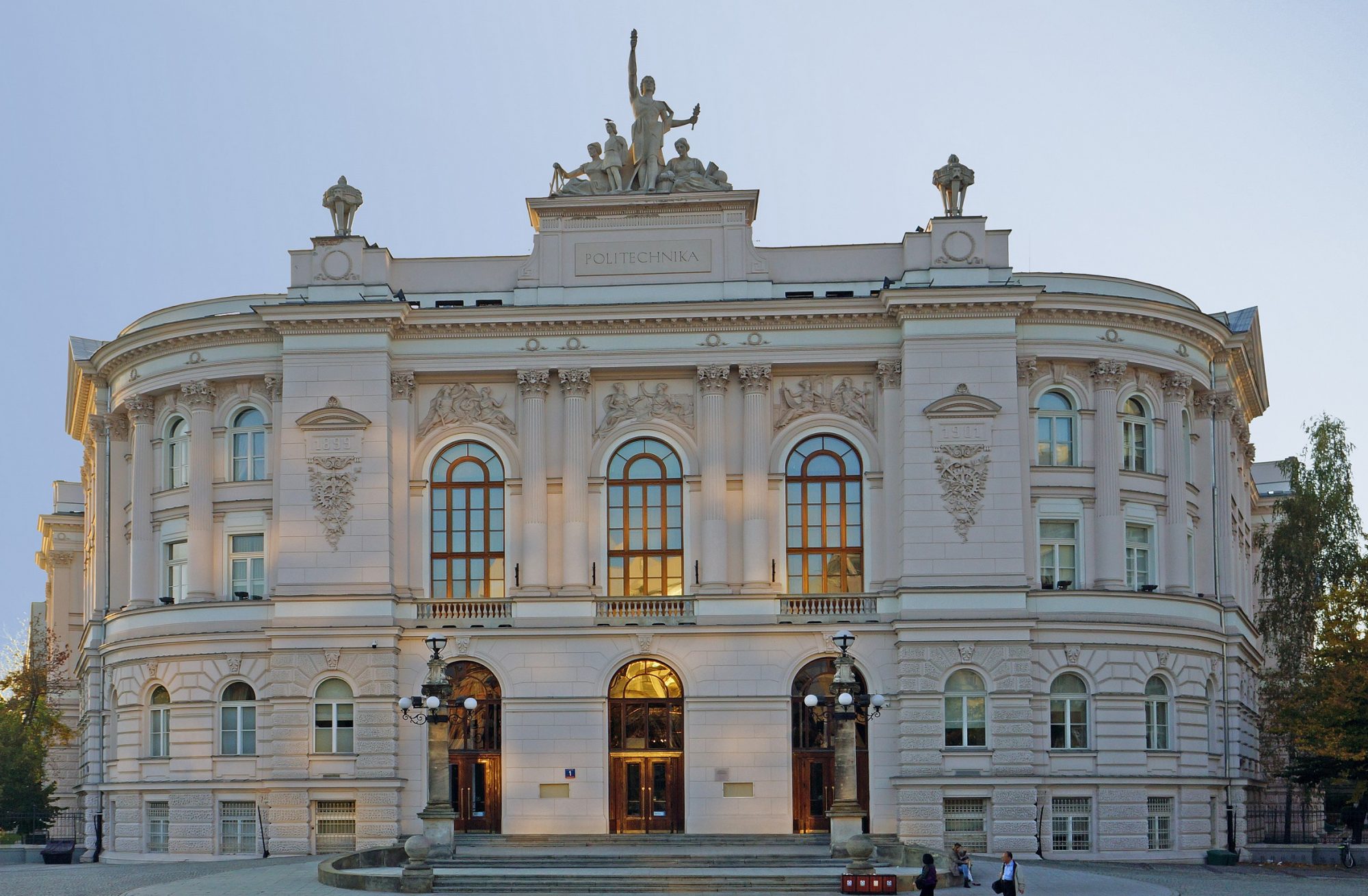City buses in the transformation era of public transit systems, e-mobility, IoT, customer driven products and services

Dariusz Michalak
VP Solaris Bus&Coach SA, CAF Group
The urban public transit system is an omnipresent element of the landscape of cities and metropolises around the world and a way of everyday commuting for hundreds of millions of passengers. It simply exists and many of us cannot imagine life without it. In the era of growing urbanization, people’s migration into cities, and increasing population density and coverage, public transportation is one of the basic measures for sustainable urban development. Encouraging the way for significant reduction in CO2 emissions, traffic congestion and noise. But at the same time, it must be passenger-friendly, safe, easily accessible, predictable, reliable and comfortable.
City buses are one of the key components of the urban transport ecosystem. In the last 25 years, we are witnessing the transformation of these vehicles. They are transforming from large, unattractive boxes for passengers transportation into technologically advanced vehicles, communicating with the outside world, communicating with each other, with other means of transport, with the surrounding urban infrastructure and with passengers. Modern city buses are highly customized vehicles – tailored to the needs of the recipients – buyers, passengers, drivers and service personnel.
These vehicles are equipped with very advanced IT systems, passenger information systems, geolocation, street signaling control systems, monitoring and on-line communication with the traffic control center. Every day they collect, send and receive huge amounts of data regarding passenger flows but also about themselves – diagnostic data. Remote diagnosis becomes standard that shortens the response time of service and allows advanced analytics.
The transformation of bus propulsion systems is a real revolution. Twenty five years ago buses were equipped with diesel combustion engines meeting EURO1 standards. Today, they are largely zero-emission battery buses, low-emission diesel-electric hybrids as well as natural gas powered vehicles and fuel cell vehicles.
And this is not all……
The future of city bus development seems to be very interesting. Starting from advanced systems built on the basis of high-capacity buses servicing the largest passenger flows (Bus Rapid Transit lines – BRT lines), through medium-sized buses to a dozen or so people, so-called last mile vehicles. All these vehicles are to become not only emission-free but also autonomous. The development of autonomous city buses will probably take place in several phases: the first, approaching us in large steps is driving around the depot, then driving without a driver on dedicated separated city lines and finally full autonomy in the city.
Polish company Solaris Bus & Coach SA, part of the Spanish CAF Group is a leading active creator of this transformation in Europe. The company’s offer includes the most advanced city buses – battery and hydrogen vehicles offered in many varieties and operated in over 700 cities in 32 countries.
BIO:
Dariusz Michalak
Education: Ph.D in Engineering (transportation) received from Poznan University of Technology in Poland; Postgraduate studies in Strategy and Business Planning at the Poznan University of Economics; Graduate (Master of Science in Mechanical Engineering) of Faculty of Machines and Transportation at Poznan University of Technology
Professional experience: VP Solaris Bus&Coach SA, responsible for R&D and operations (Production, Logistics, Quality Assurance), since 2012 Member of the Management Board; 2006-2012 R&D director; 1998–2006 various positions in Solaris R&D Department. After graduation from 1993 till 1998 Assistant at Poznan University of Technology
